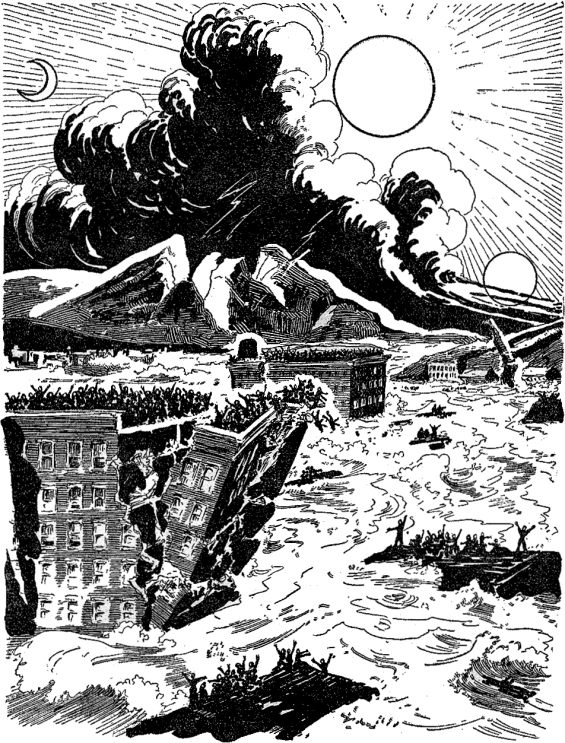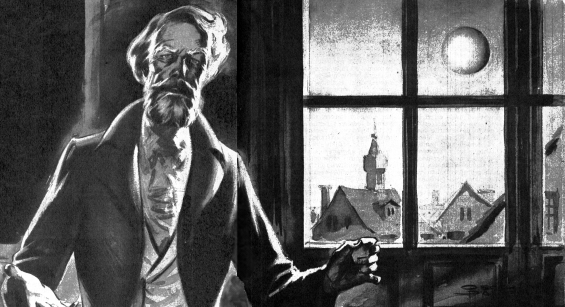
 Martian Time-Slip
Martian Time-SlipPublisher summary:
‘The writing is humorous, painful, awesome in its effect on both mind and heart…There are few modern novels to match it.’ —Rolling Stone
On an arid Mars, local bigwigs compete with Earth-bound interlopers to buy up land before the Un develops it and its value skyrockets. Martian Union leader Arnie Kott has an ace up his sleeve, though: an autistic boy named Manfred who seems to have the ability to see the future. In the hopes of gaining an advantage on a Martian real estate deal, powerful people force Manfred to send them into the future, where they can learn about development plans. But is Manfred sending them to the real future or one colored by his own dark and paranoid filter? As the time travelers are drawn into Manfred’s dark worldview in both the future and present, the cost of doing business may drive them all insane.
Martian Time Slip has everything I love about Philip K Dick’s writing: artificial life, unsettling visions, chaos and decay, hilarious satire, and story horizons that stretch into eternity.
PKD’s Mars is a strange and slightly alien version of 1960s California: a desert suburbia where the powerful waste water to show off their status, neglectful housewives pop pills and complain about their “whiny and dreadful” neighbors, and dodgy door-to-door salesmen offer illegal Earth foods like turtle soup and smoked frogs legs.
Since machines degrade quickly in the dry climate and resources for constructing new things are scarce, repair is a big business on Mars. The story starts when Jack Bohlen, a working-class repairman and latent schizophrenic, is diverted from a remote repair job to help some Bleekmen out in the desert.
Bleekmen are the subjugated natives of Mars, apparently related to ancient humans and the sole residents of the planet for thousands of years until the colonists arrived. Now’s they’re left to work menial jobs, and even their mystic practices are being “corrected” by the newcomers. For example, after they give Jack a lovely but creepy gift called a water witch, they explain how it works…
More carefully examining the water witch, Jack saw that it had a face and vague limbs. It was mummified, once a living creature of some sort; he made out its drawn-up legs, its ears . . . he shivered. The face was oddly human, a wizened, suffering face, as if it had been killed while crying out.
“How does it work?” he asked the young Bleekman.
“Formerly, when one wanted water, one pissed on the water witch, and she came to life. Now we do not do that, Mister; we have learned from you Misters that to piss is wrong. So we spit on her instead, and she hears that, too, almost as well. It wakes her, and she opens and looks around, and then she opens her mouth and calls the water to her.”
While on this mission, Jack runs into Supreme Goodmember Arnie Cott, the leader of the Water Works Union (one of the most powerful positions on Mars). Arnie is an obnoxious, manipulative, and racist schemer. He decides he can use Jack and so brings him in on one of his schemes to harness the precog abilities of an autistic boy, thus giving Arnie an advantage in real estate investment.
However, once he brings the autistic boy Manfred Steiner and Jack together, things start to gets very, very weird (in the best kind of way).
Originally, I was almost going to give this book a low rating, thinking it might be the first PKD book I’ve read that I didn’t really like. I kept going back to the audiobook and thinking I’d re-started in the wrong place, or that I’d zoned out and missed something the last time. It wasn’t until I decided to try a print version that I realized the reason I was losing my way was a side-effect of the novel’s beautiful and crazy structure, which spirals around and folds back in on itself.
Once I had a handle on this, I fell in love with it. This novel doesn’t reward broken up or distracted reading, but if you can give it dedicated attention, it’s brilliant.
I thought the audiobook I listened to, narrated by Jeff Cummings for Brilliance Audio, was well performed and the characters were easily differentiated, even though personally the narrative style wasn’t for me. In my mind, I tend to hear PKD’s characters as sort of dry and indifferent, so some of the characters in this version seemed too enthusiastic for my taste. But this is a very subjective thing and I imagine this reading would work well for lots of listeners. Just check out the sample audio before you buy.
This is a funny, eerie, and unforgettable story and definitely recommended, especially for PKD fans!
Posted by Marissa van Uden















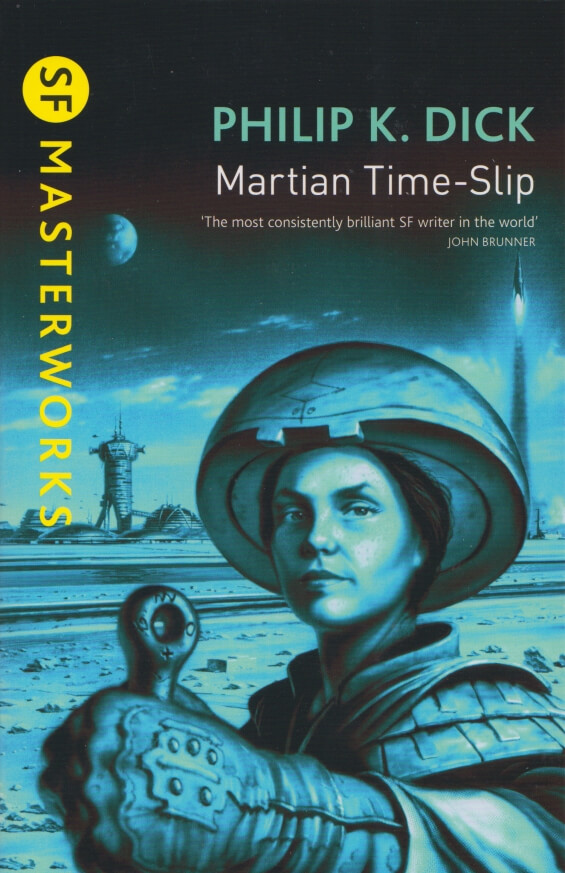


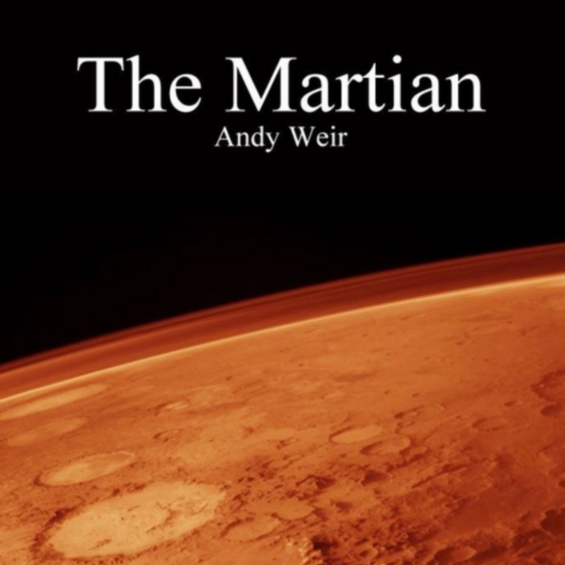
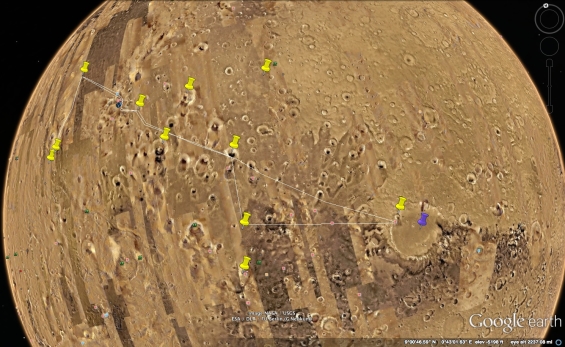
 The Martian
The Martian

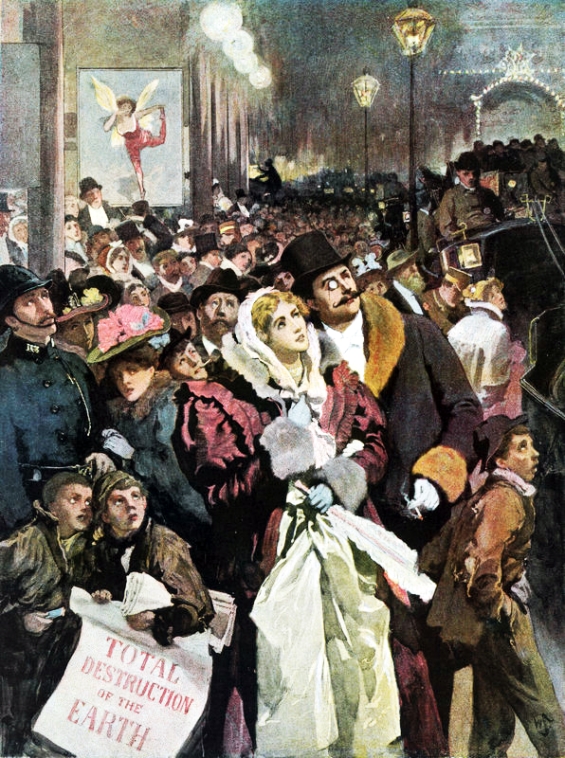

 The Star
The Star
